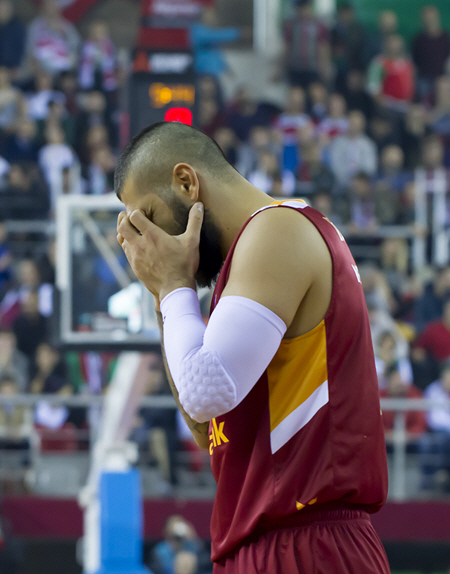 Athletes experience physical and mental challenges.
Athletes experience physical and mental challenges.
Performance challenges require training and being mentally prepared for competition. Effective practice maximizes performance, level of energy, and control during competition, thus minimizing underperformance when it counts.
Meeting these challenges is demanding, requiring self-awareness and motivation, focus, concentration, and confidence.
Unlike individual sports, team sports present a different dynamic that creates a culture of cohesion and leadership.
Performing as an athlete is also an emotional experience. Regulating anxiety, stress, and pressure is necessary.
When injured, an athlete needs mental skills for a fast recovery. These same skills help the athlete avoid burnout or becoming stale because of setbacks.
Athletes need help to meet these challenges.
Coaches, parents, and other athletic staff members are essential for the athlete’s physical and mental well-being.
The way these individuals meet these needs has either positive or adverse effects.
Proper therapy and consultation are essential for meeting these physical and mental challenges.
Creating positive outcomes is where my therapeutic background comes into the picture.
 Therapy provides several essential deliverables.
Therapy provides several essential deliverables.
We start by identifying specific concerns by utilizing clinical interviews and assessments as needed.
This information helps us design a plan that targets the client’s concerns and goals.
The focus is on teaching and supporting the client’s effort toward developing the required mental skill sets necessary for success.
Also, emotional, behavioral, or relationship variables that hinder one’s sense of well-being or a positive mindset are resolvable.
The process helps add or rebuild strategies to improve and sustain mental skills (Mental Toughness) necessary for optimal performance.
 Treatments vary depending on client needs.
Treatments vary depending on client needs.
The focus may relate to the need for elevation of performance by improving attitude and motivation (positive mindset) in the consistency of effort and overall performance, thus helping the athlete understand the importance of preparatory skills for optimal performance.
Self-awareness and communication skills (positively advocate for self and others) might need improvement. The athlete needs to gain insight to enjoy one’s experience and participation in their sport or occupation.
Being part of a team requires striving to become a great teammate which fuels self-confidence and team cohesion, thus enhancing leadership and cooperation.
Developing a mental template for positive psychological and physical health helps increase focus and eliminate automatic negative thoughts (ANTs).
When an injury occurs, the athlete needs to regulate and recover faster from negative experiences during practice or competition. The athlete needs to reframe disappointment positively when coping with adversity, injury, and rehabilitation following setbacks.
Mental health is essential to your athlete.
It is important to remember that the overall performance and emotional security require attention to specific problems.
Enhancing performance and emotional security is where seeking therapy helps.
Contact me today by calling (615) 636-1637! I would love to address problems and work with your athlete.

